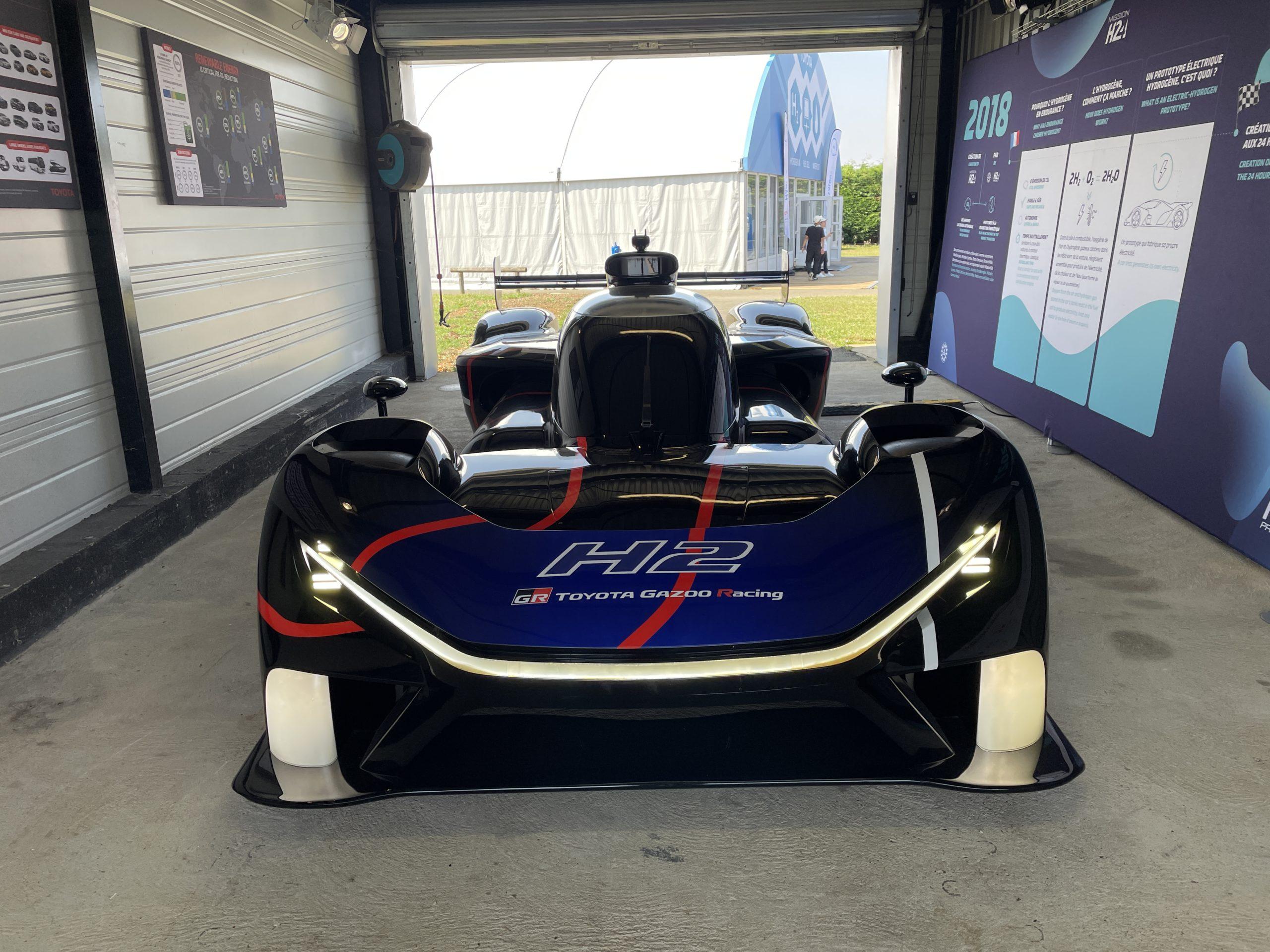Toyota's Leveraging Competition for Future Technologies: A Glimpse into Alternative Energies
Key Ideas
- Toyota uses competition as a driving force for innovation in the field of alternative energies, showcasing technologies like synthetic fuels and hydrogen on the track.
- The Lexus ROV buggy powered by a hydrogen engine demonstrates impressive maneuverability, hinting at Toyota's future plans for Le Mans 24-hour race car with the GR H2 concept.
- The H24 EVO prototype from the Automobile Club de l’Ouest and H24 Racing highlights Toyota's commitment to hydrogen technology, showing a shift towards sustainability in motor racing.
- Toyota's Head of the Olympic and Paralympic Division emphasizes that competition serves as a crucial test bed for the development of production models, focusing on quality and safety improvements.
Toyota is leveraging the power of competition in the field of alternative energies, as showcased in their road show at the Dreux circuit. The event highlighted Toyota's commitment to innovation and future technologies, emphasizing the role of competition in pushing boundaries and preparing for the technologies of tomorrow. From synthetic fuels to hydrogen, Toyota's vehicles demonstrated their capabilities on the track, underlining the company's dedication to sustainable solutions.
The Lexus ROV buggy, powered by a hydrogen engine, impressed with its maneuverability, hinting at Toyota's plans for future vehicles like the Le Mans 24-hour race car. While storage limitations currently restrict the range of hydrogen-powered vehicles, Toyota's focus on vehicles like the Yaris GR H2 concept signals a shift towards integrating hydrogen technology into their lineup.
The H24 EVO prototype, showcased by the Automobile Club de l’Ouest and H24 Racing, further underscores Toyota's exploration of hydrogen technology. With a diverse range of vehicles, including buggies, pick-ups, and Le Mans 24-hour race cars, Toyota is demonstrating a comprehensive approach to sustainable technologies in the world of motor racing. Despite primarily opting for combustion engines over fuel cells in competitions like WEC, WRC, and Dakar, Toyota remains at the forefront of technological innovation.
Cédric Borremans, Toyota Motor Europe's Head of the Olympic and Paralympic Division, highlights the importance of competition in driving progress, particularly in enhancing quality and safety standards. Overall, Toyota's strategic focus on competition as a catalyst for innovation promises exciting advancements in the field of alternative energies.
